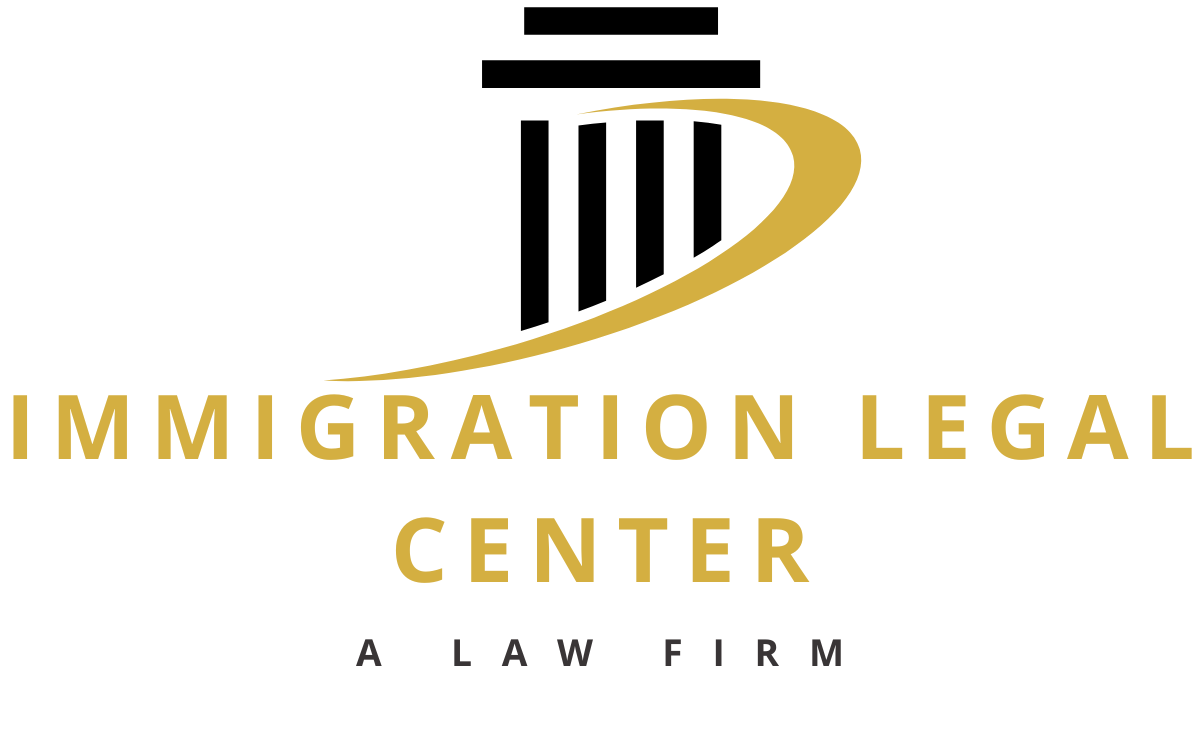Foreign nationals need proper work visas if they wish to work in the United States.
There are two main categories of work visas – temporary and permanent. Each has its own requirements, application processes, and terms.
Permanent visas bring with them more flexibility in changing jobs and travel than temporary visas. After some time these green card holders can even apply for U.S. citizenship.
I. Temporary Work Visas
Temporary work visas or non-immigrant work visas let foreign nationals live and work in the U.S. for a fixed period of time.
These are employer-specific and have expiration dates. After that the worker must either leave the country or apply for an extension.
Most common temporary work visa categories are:
| H-1B | For specialty occupations requiring at least a bachelor’s degree or equivalent. Common for fields like IT, engineering, finance, etc. |
| L-1 | For transferring employees within the same company to offices in the U.S. Prior work experience with the company abroad is needed. |
| O-1 | For those with extraordinary abilities in sciences, arts, education, business or athletics evidenced by consistent national/international acclaim. |
| TN | For Canadian or Mexican NAFTA professionals to work in the U.S. in designated occupations like accountants, engineers, scientists, etc. |
| H-2A, H-2B | For temporary agricultural and non-agricultural workers respectively when no U.S. workers are available. |
Before the employee can apply for the visa themselves, the U.S. employer must file a petition with U.S. Citizenship and Immigration Services (USCIS) for most temporary work visas.
II. Permanent Work Visas (Green Cards)
Permanent work visas or employment-based green cards let foreign nationals live and work permanently in the United States.
There are five preference categories:
| EB-1 | Priority workers with extraordinary abilities, outstanding professors/researchers, and multinational executives/managers. |
| EB-2 | Professionals with advanced degrees or exceptional abilities. |
| EB-3 | Skilled workers, professionals, and other workers. |
| EB-4 | Special immigrants like religious workers, employees of U.S. foreign service, etc. |
| EB-5 | Investors creating jobs through investment of capital. |
To get an employment-based green card – the employer must undergo labor certification from the Department of Labor and then file an immigrant petition with USCIS on the employee’s behalf.
The process is lengthy. It usually takes years due to annual green card limits.
How Immigration Lawyers Help
U.S. immigration laws and visa requirements are complex. You need experienced immigration lawyers for temporary or permanent work visas. They can:
- assess your situation
- determine your eligibility
- prep documents
- represent you throughout the process
- ensure proper status
With their expertise, your chances of work visa approval go up. So contact Immigration Legal Center for legal support in your application process.

